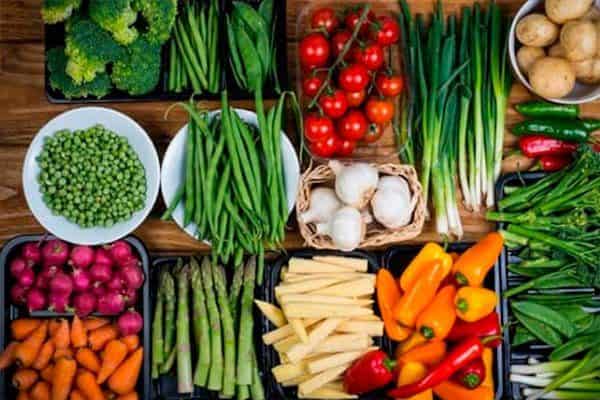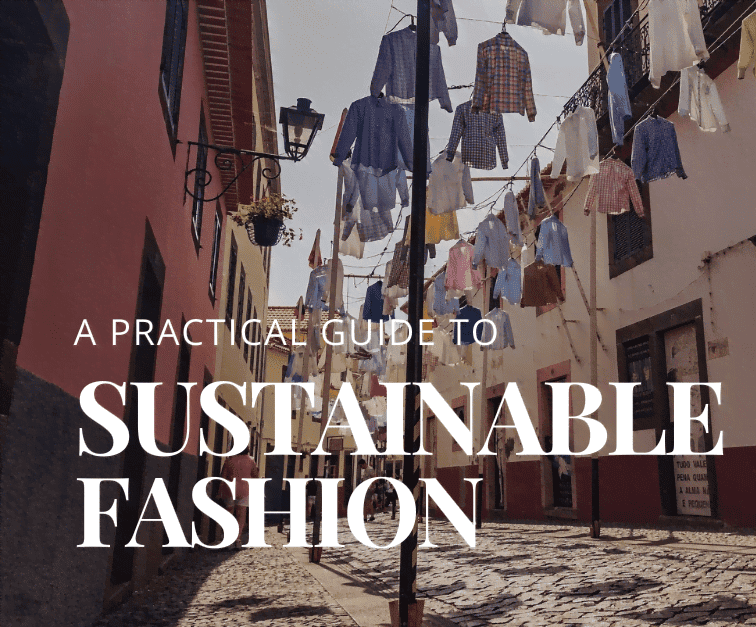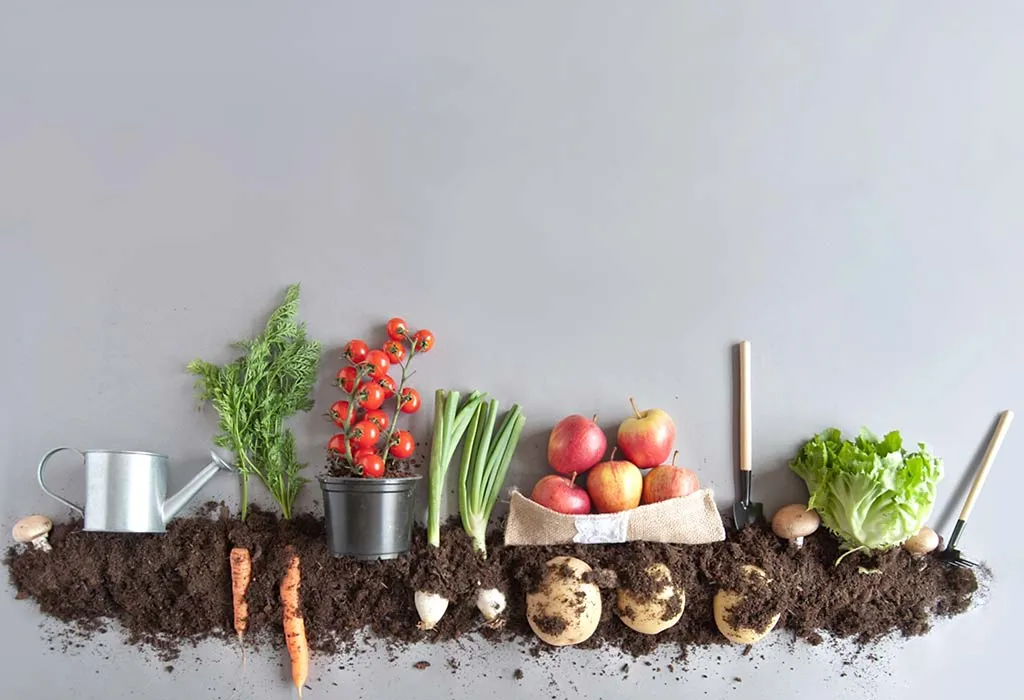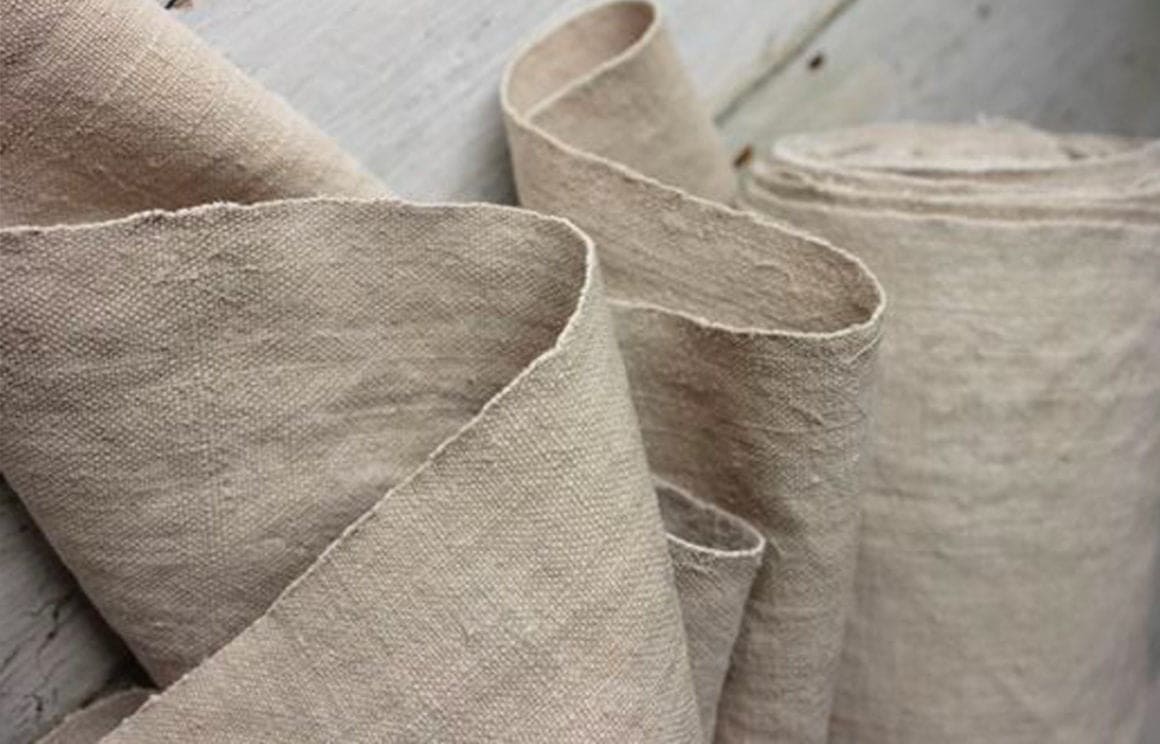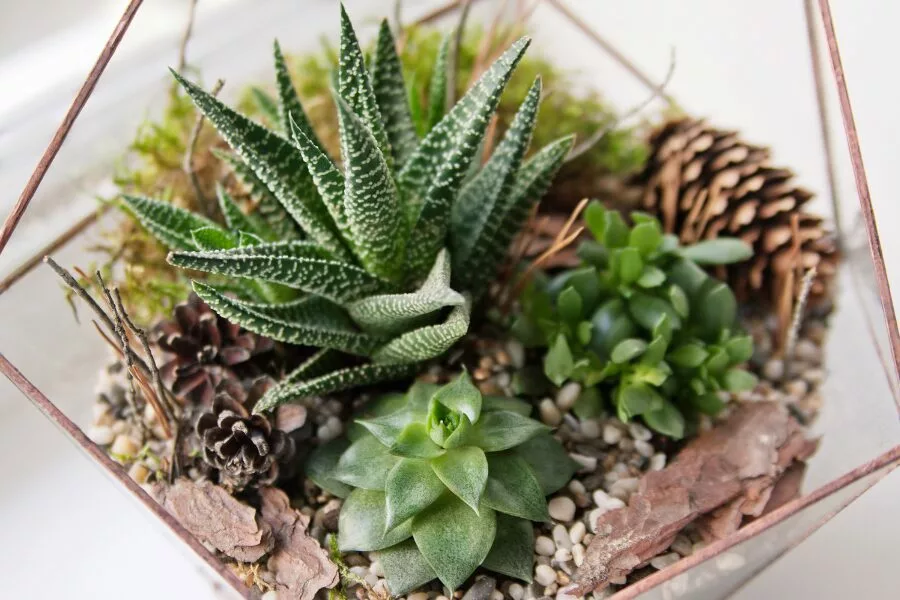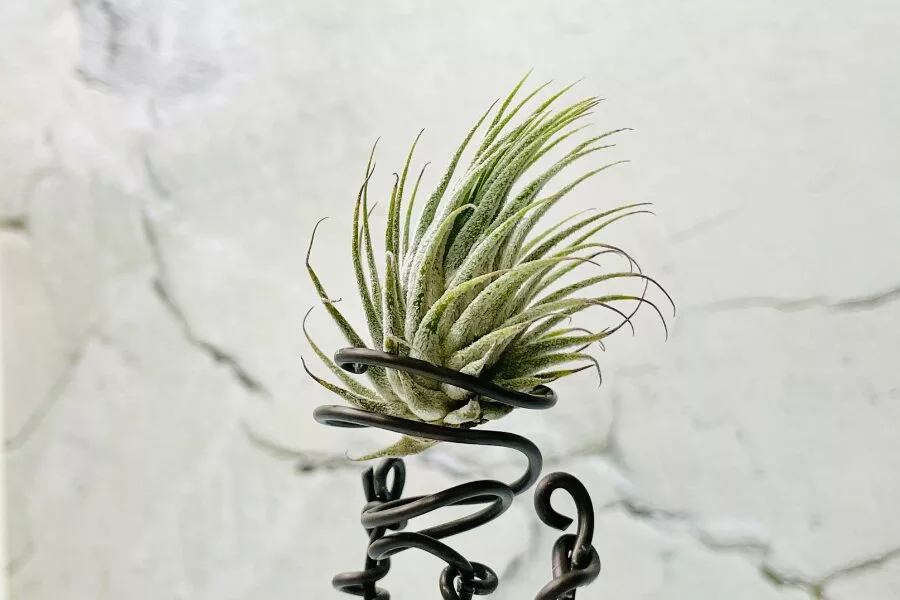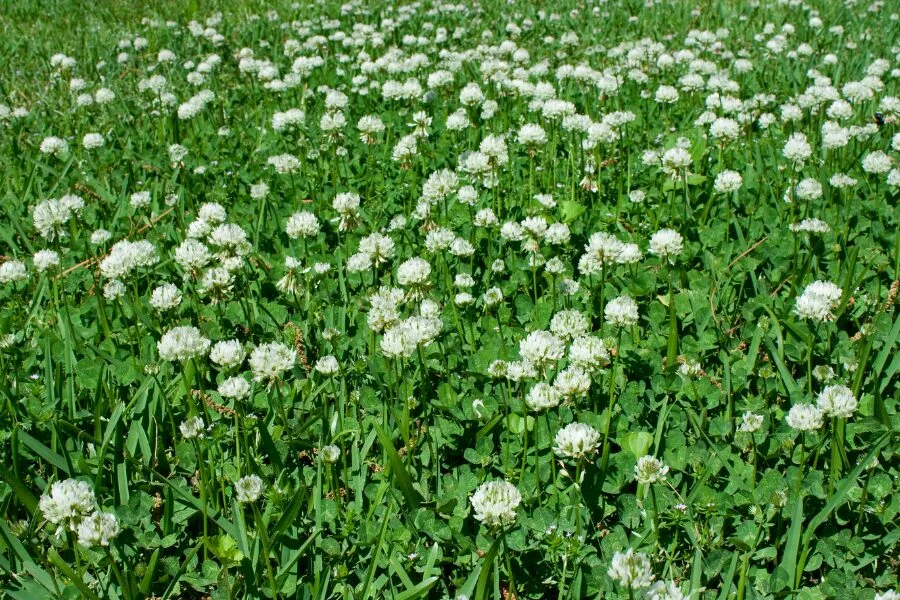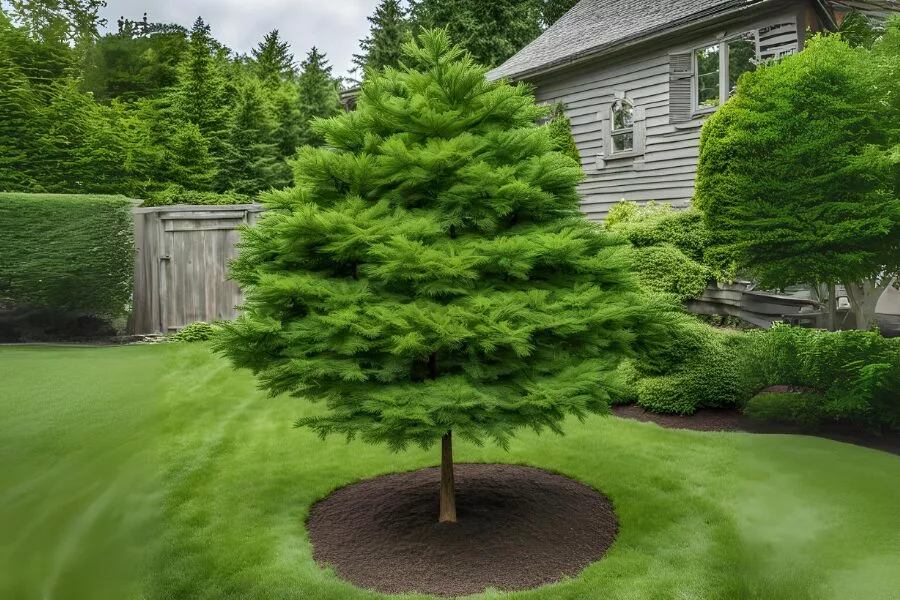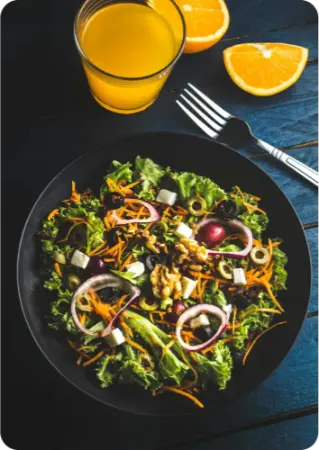The importance of gut health cannot be overstated, as it is closely linked to overall health and wellbeing. One key component of a healthy gut is a balanced microbiome, which is made up of trillions of microorganisms that live in our digestive tract.
These microorganisms help to digest food, produce vitamins and other nutrients, and regulate our immune system. Prebiotics are a type of dietary fiber that feed the beneficial bacteria in our gut, helping to maintain a healthy microbiome. In this article, we will discuss the top 15 vegan prebiotic foods and their benefits.
Why take Vegan Prebiotic Foods?
Prebiotic foods have many health benefits, including:
Improved gut health: Prebiotics help to feed the beneficial bacteria in the gut, promoting the growth of these bacteria and supporting a healthy microbiome. A healthy gut microbiome has been linked to improved digestion, immune function, and mental health.
Weight management: Prebiotics can help to promote feelings of fullness and reduce appetite, making it easier to maintain a healthy weight.
Reduced inflammation: Prebiotics have been shown to reduce inflammation in the gut and throughout the body, which can help to reduce the risk of chronic diseases such as heart disease, diabetes, and cancer.
Improved mineral absorption: Prebiotics can help to improve the absorption of minerals such as calcium and magnesium, which are important for bone health.
Improved immune function: A healthy gut microbiome is important for immune function, and prebiotics can help to support this by promoting the growth of beneficial bacteria.
Improved brain function: There is growing evidence that the gut microbiome plays a role in brain function, and prebiotics may help to support this by promoting a healthy microbiome.
Top 15 Vegan Prebiotic Foods
Chicory Root
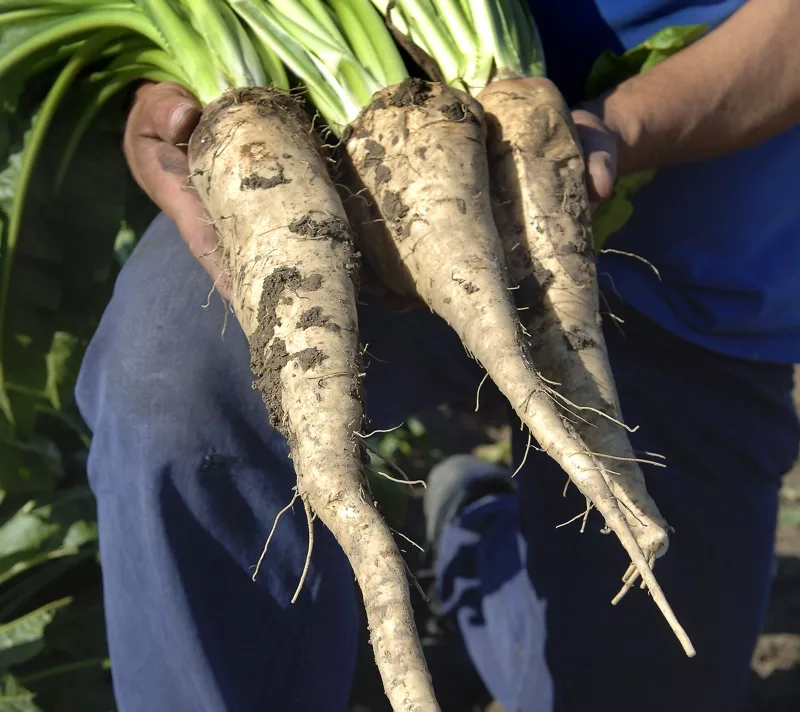
Chicory root is a rich source of inulin, a type of prebiotic fiber that has been shown to increase the number of beneficial bacteria in the gut. In addition, chicory root has anti-inflammatory properties and may help to lower blood sugar levels.
Jerusalem Artichoke
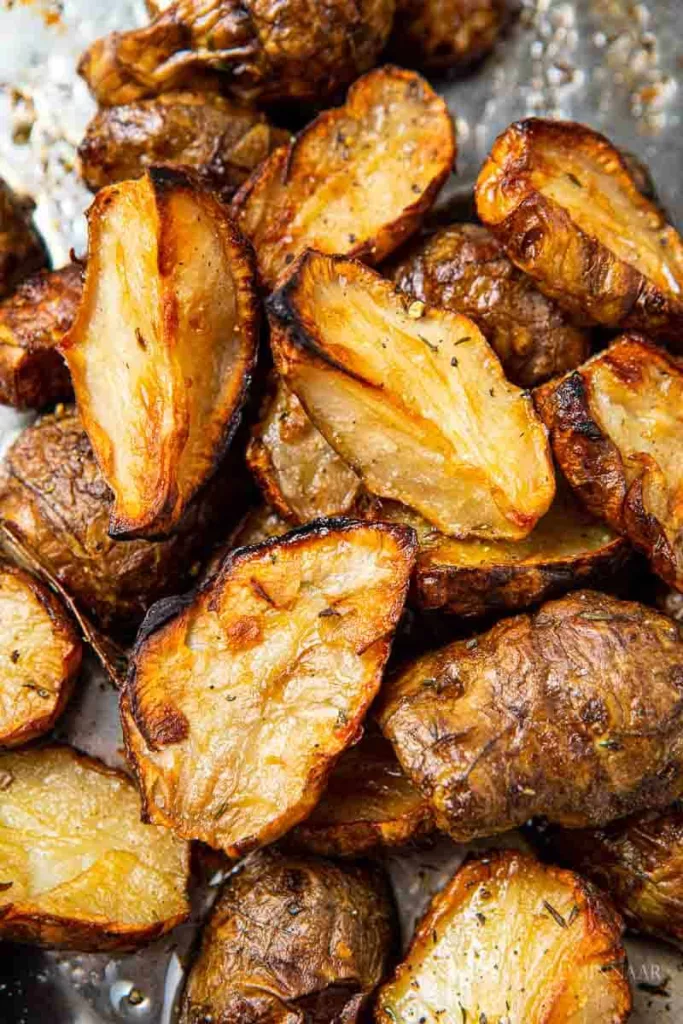
Jerusalem artichoke is another excellent source of inulin, with up to 76% of its total carbohydrate content being inulin. This makes it a particularly effective prebiotic food.
Garlic
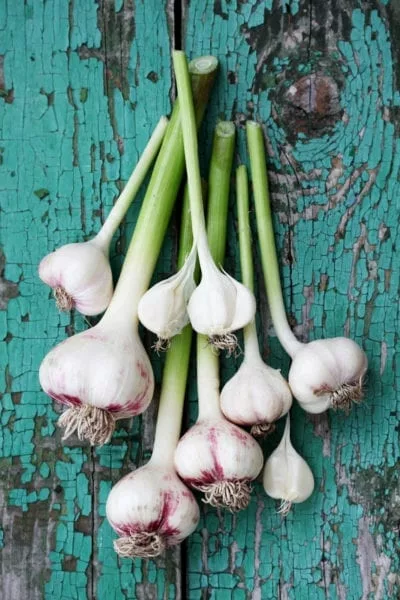
Garlic is not only a flavorful addition to many dishes, but it is also a prebiotic food that promotes the growth of beneficial gut bacteria. Garlic also has antimicrobial properties that may help to protect against harmful bacteria.
Onions
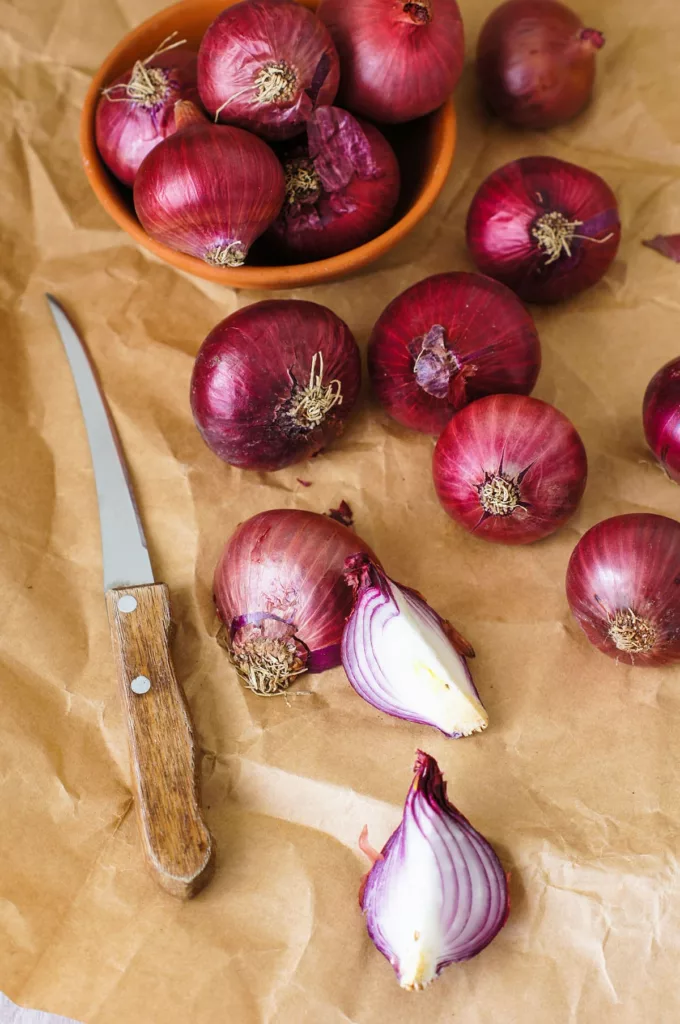
Like garlic, onions contain prebiotic fibers that support the growth of beneficial gut bacteria. Onions also contain antioxidants that have been linked to a reduced risk of certain types of cancer.
Leeks
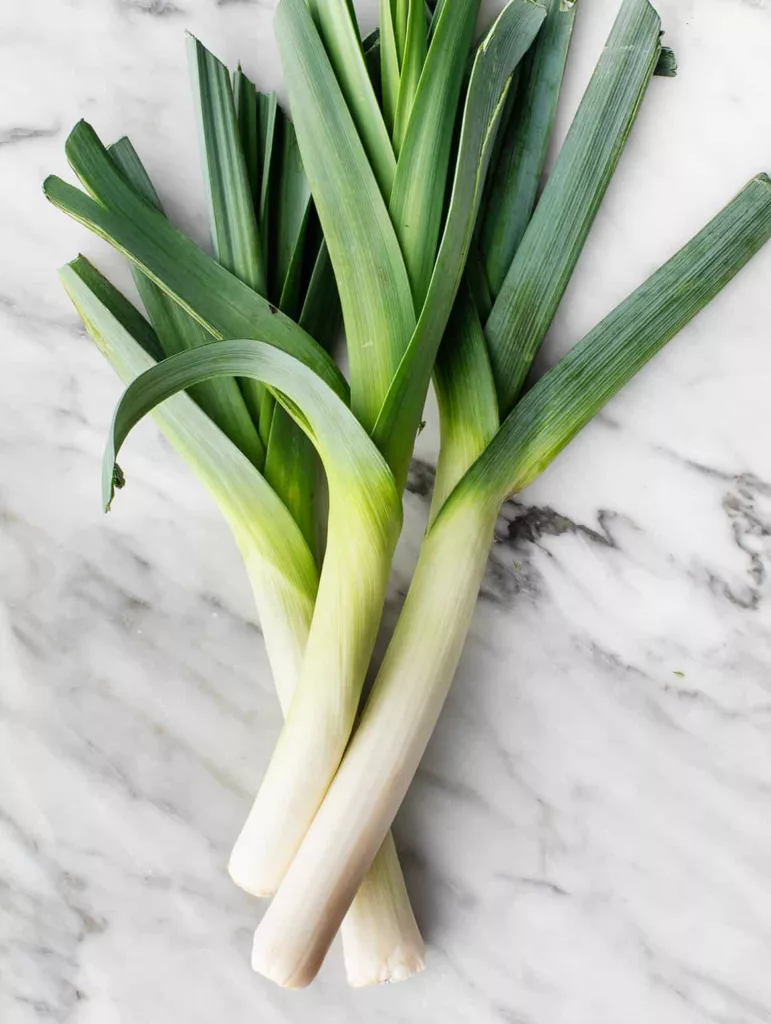
Leeks are a type of allium vegetable that contain prebiotic fibers, as well as vitamins and minerals that support overall health.
Asparagus
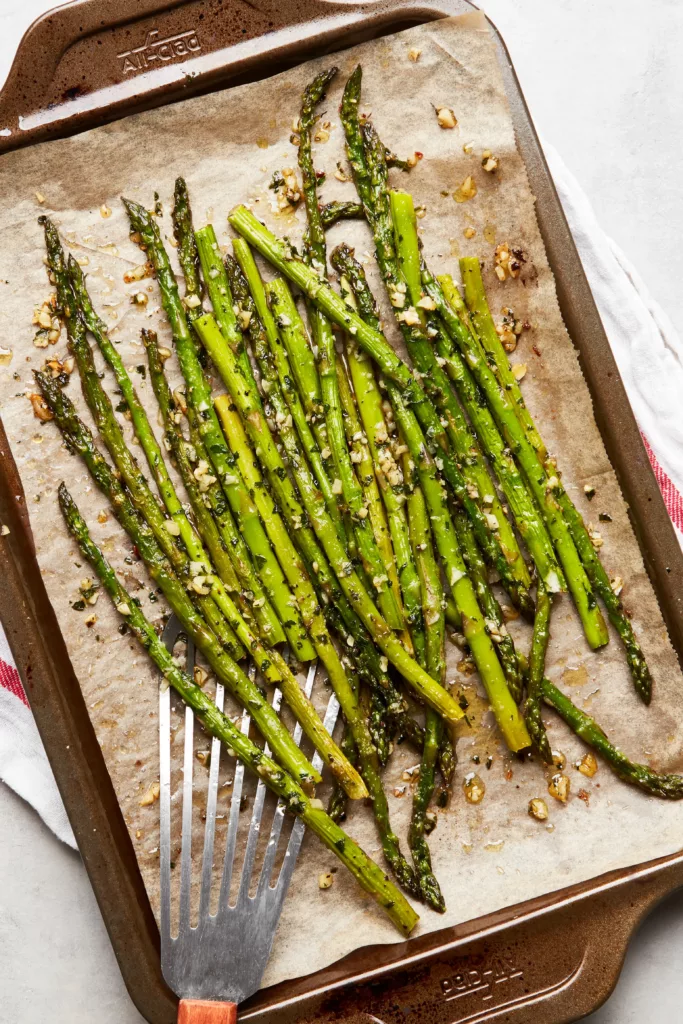
Asparagus is a rich source of inulin, as well as other prebiotic fibers that support gut health. Asparagus also contains antioxidants that have been shown to have anti-inflammatory properties.
Bananas
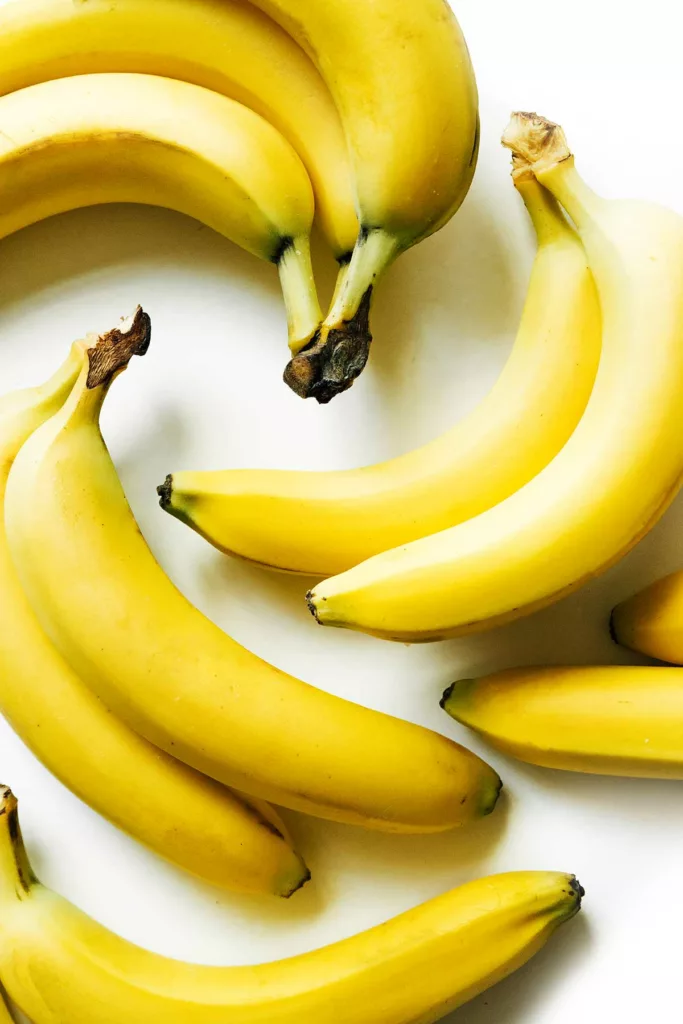
Bananas contain a type of prebiotic fiber called resistant starch, which is not digested in the small intestine but instead passes to the large intestine where it is fermented by beneficial gut bacteria. Resistant starch has been shown to improve gut health and may also have benefits for weight management.
Apples
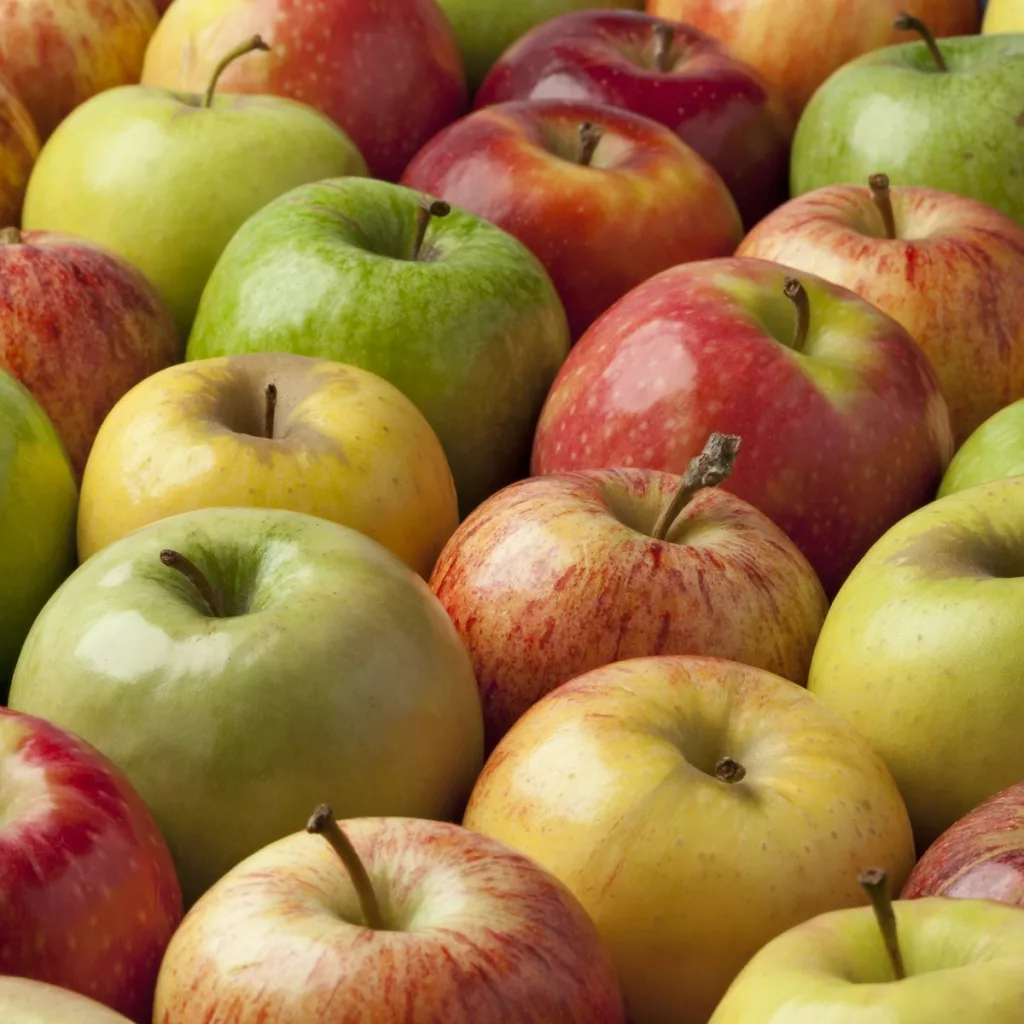
Apples are a good source of pectin, a type of prebiotic fiber that has been shown to improve gut health and may also have benefits for heart health.
Berries
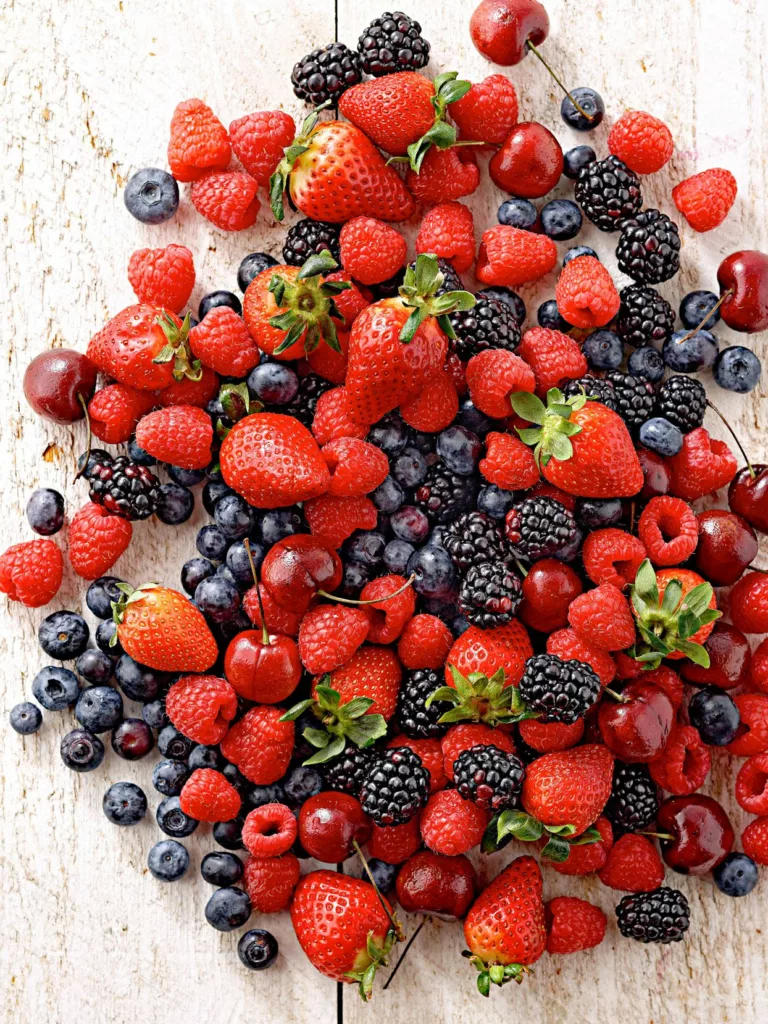
Berries, such as raspberries, strawberries, and blueberries, contain prebiotic fibers, as well as antioxidants and other nutrients that support overall health.
Oats
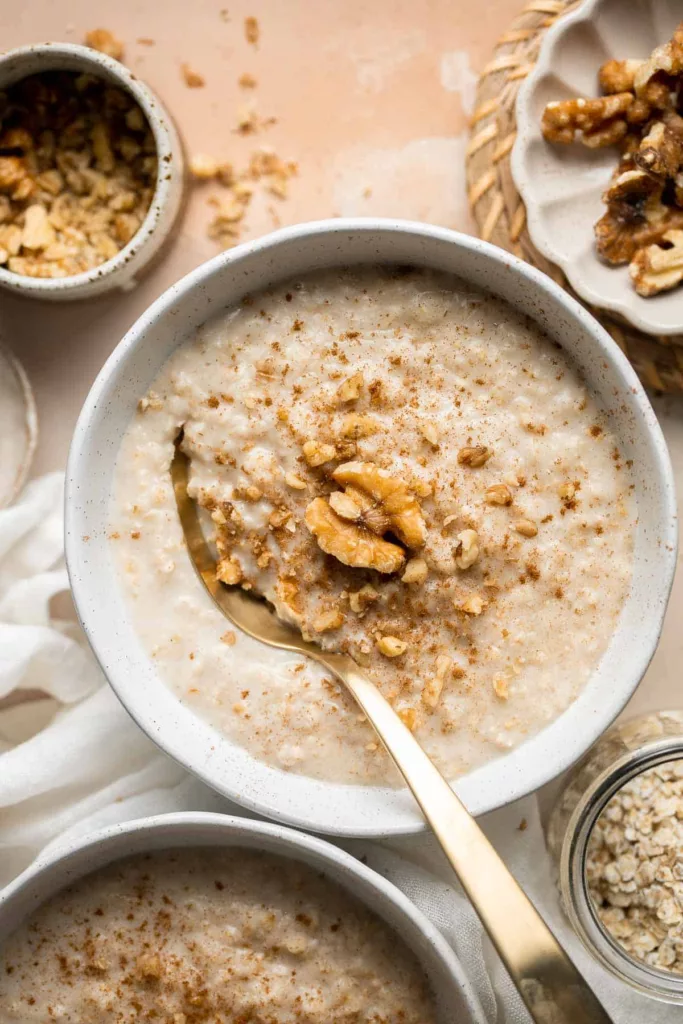
Oats are a good source of beta-glucans, a type of prebiotic fiber that has been shown to improve gut health and may also have benefits for cholesterol management.
Barley
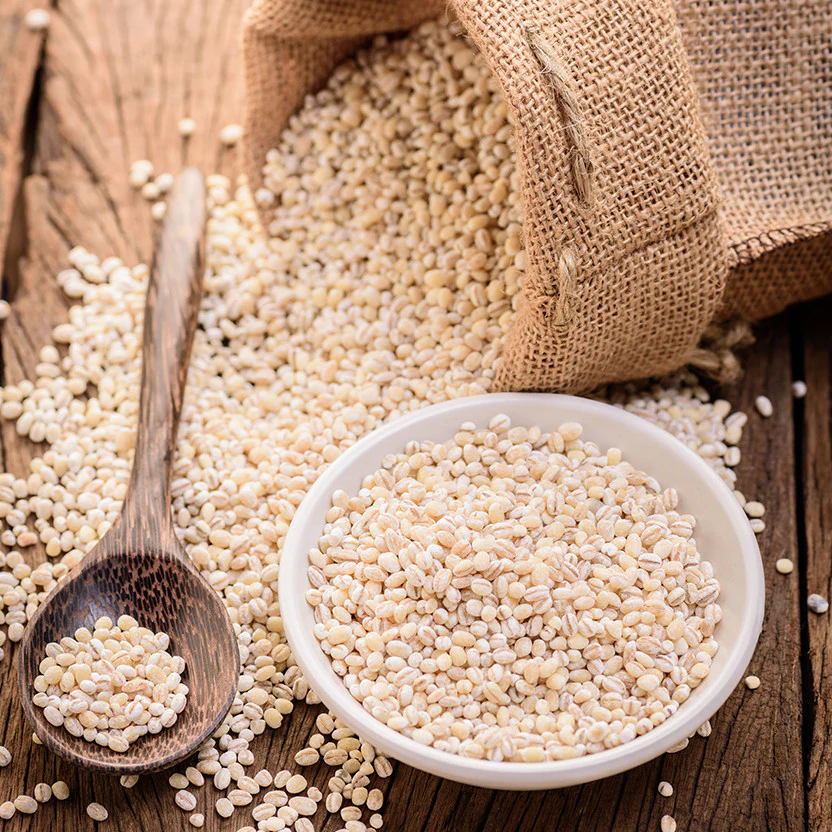
Barley is another source of beta-glucans, as well as other prebiotic fibers that support gut health. Barley may also have immense benefits for blood sugar control.
Flaxseeds
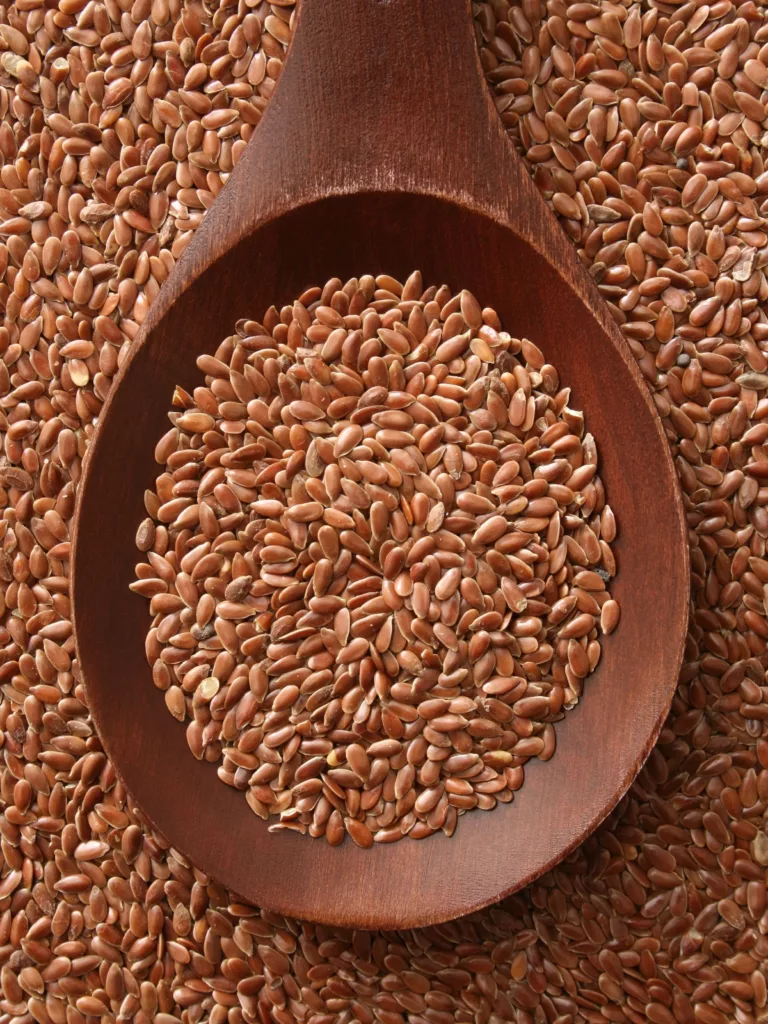
Flaxseeds contain prebiotic fibers, as well as omega-3 fatty acids that have been shown to have anti-inflammatory properties and may have benefits for heart health.
Chia Seeds
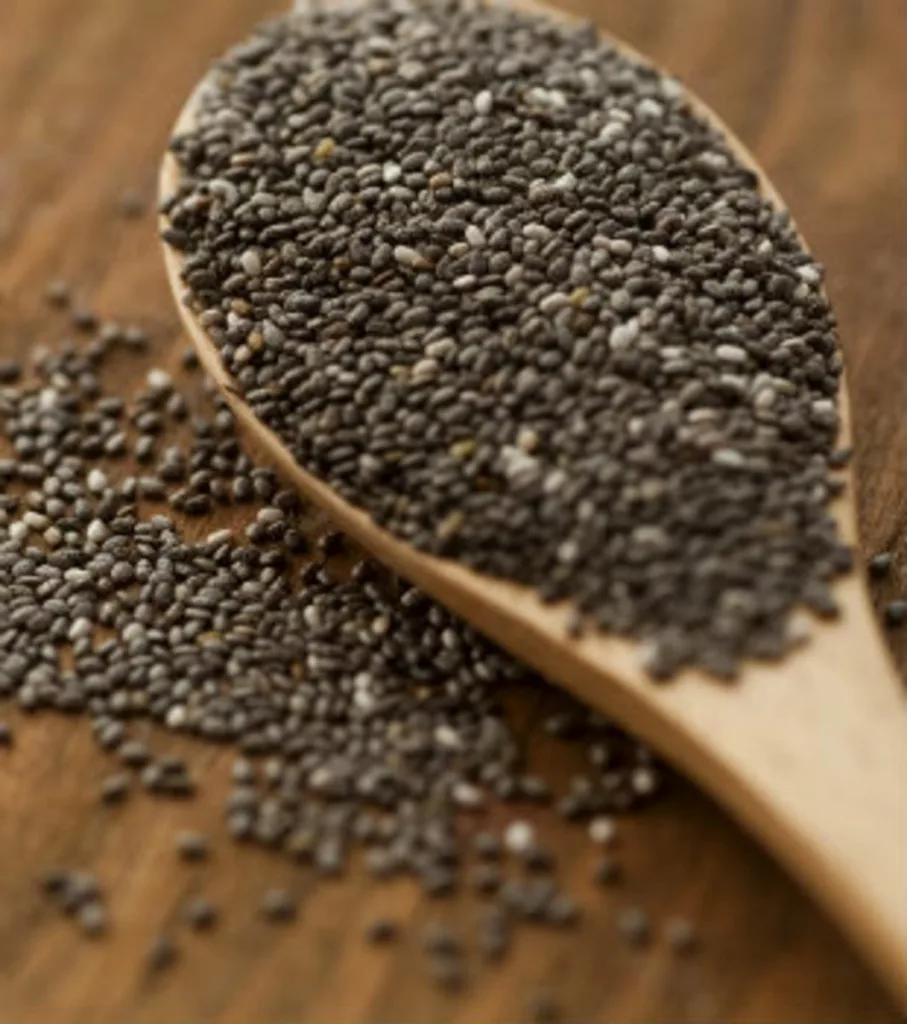
Chia seeds are another source of prebiotic fibers, as well as omega-3 fatty acids that support overall health.
Cocoa
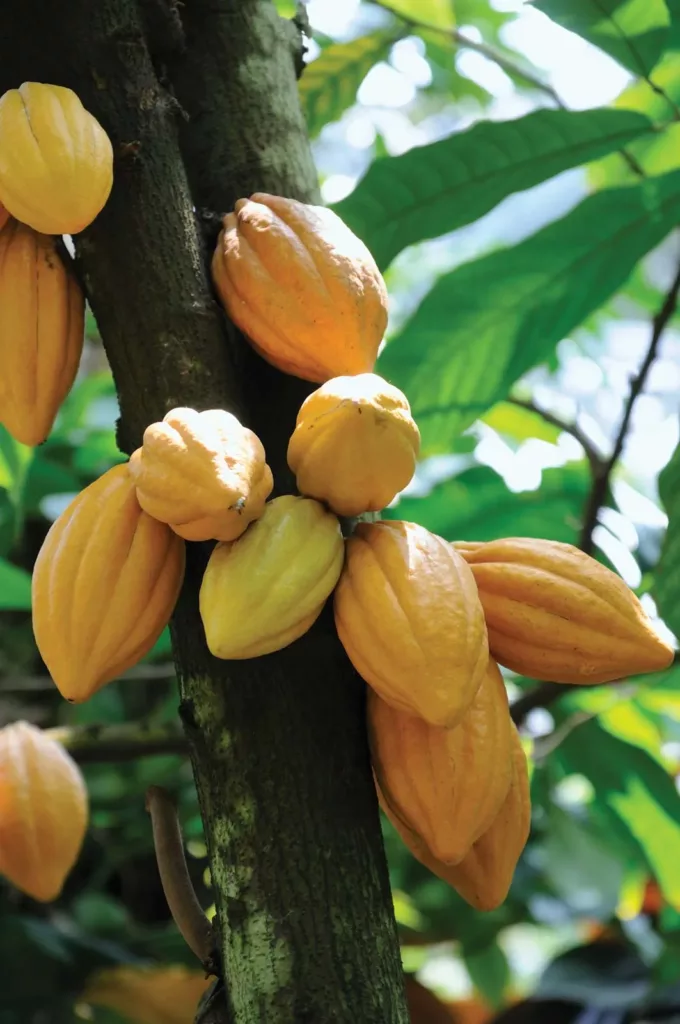
Cocoa contains prebiotic fibers, as well as antioxidants that have been shown to have anti-inflammatory properties and may have benefits for heart health.
Green Bananas
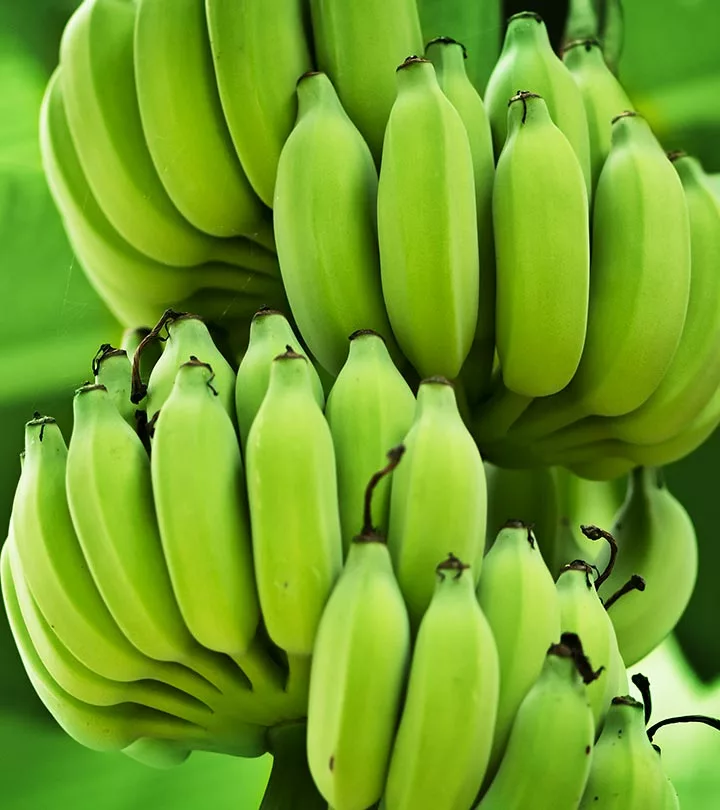
Green bananas are a particularly good source of resistant starch, which is a type of prebiotic fiber that has been shown to improve gut health and may also have benefits for weight management.
How do they compare to vegan probiotic foods?
Probiotic foods, such as yogurt, kefir, and kimchi, contain live bacteria that are beneficial to gut health. While these foods can be helpful in maintaining a healthy microbiome, they are not a substitute for prebiotic foods. Prebiotic foods are necessary to feed the beneficial bacteria in the gut and help them to thrive.
It is important to note that not all prebiotic foods are created equal. Some prebiotic fibers, such as inulin and resistant starch, are more effective than others. In addition, the amount of prebiotic fiber in a food can vary widely depending on factors such as ripeness, cooking method, and processing.
Can I derive sufficient prebiotics from the above foods only?
It is possible to derive sufficient prebiotics from the vegan prebiotic foods listed above. However, the amount of prebiotic fiber in each food can vary widely depending on factors such as ripeness, cooking method, and processing. Additionally, the amount of prebiotic fiber that you need will depend on a variety of factors, including your age, gender, and activity level.
To ensure that you are getting enough prebiotics, it is important to consume a variety of prebiotic foods and to pay attention to portion sizes. Most experts recommend getting at least 5 grams of prebiotic fiber per day, but this may vary depending on your individual needs.
In addition to the vegan prebiotic foods listed above, there are other sources of prebiotic fiber that you may want to consider incorporating into your diet. These include foods such as asparagus, leeks, chicory root, and Jerusalem artichokes.
It is important to remember that prebiotic foods should be introduced slowly into your diet, especially if you are not used to eating a lot of fiber. Drinking plenty of water and staying physically active can also help to alleviate digestive discomfort that may occur when consuming prebiotic foods.
Potential risks of prebiotic foods
While prebiotic foods are generally safe for most people, they can cause digestive discomfort in some individuals. This is because the beneficial bacteria in the gut ferment the prebiotic fiber, producing gas as a byproduct. This can lead to bloating, flatulence, and other digestive symptoms.
It is important to introduce prebiotic foods slowly into your diet, especially if you are not used to eating a lot of fiber. Drinking plenty of water and staying physically active can also help to alleviate digestive discomfort.
Other aspects of vegan prebiotic foods
In addition to the health benefits of prebiotic foods, there are other aspects to consider when incorporating them into your diet. Prebiotic foods are often high in fiber, which can help to promote feelings of fullness and aid in weight management. They are also often low in calories and rich in other nutrients, such as vitamins and minerals.
Prebiotic foods can be incorporated into your diet in a variety of ways. For example, you can add chopped onions and garlic to your favorite recipes, snack on fresh berries or sliced apples, or add chia seeds or flaxseeds to your morning smoothie.

